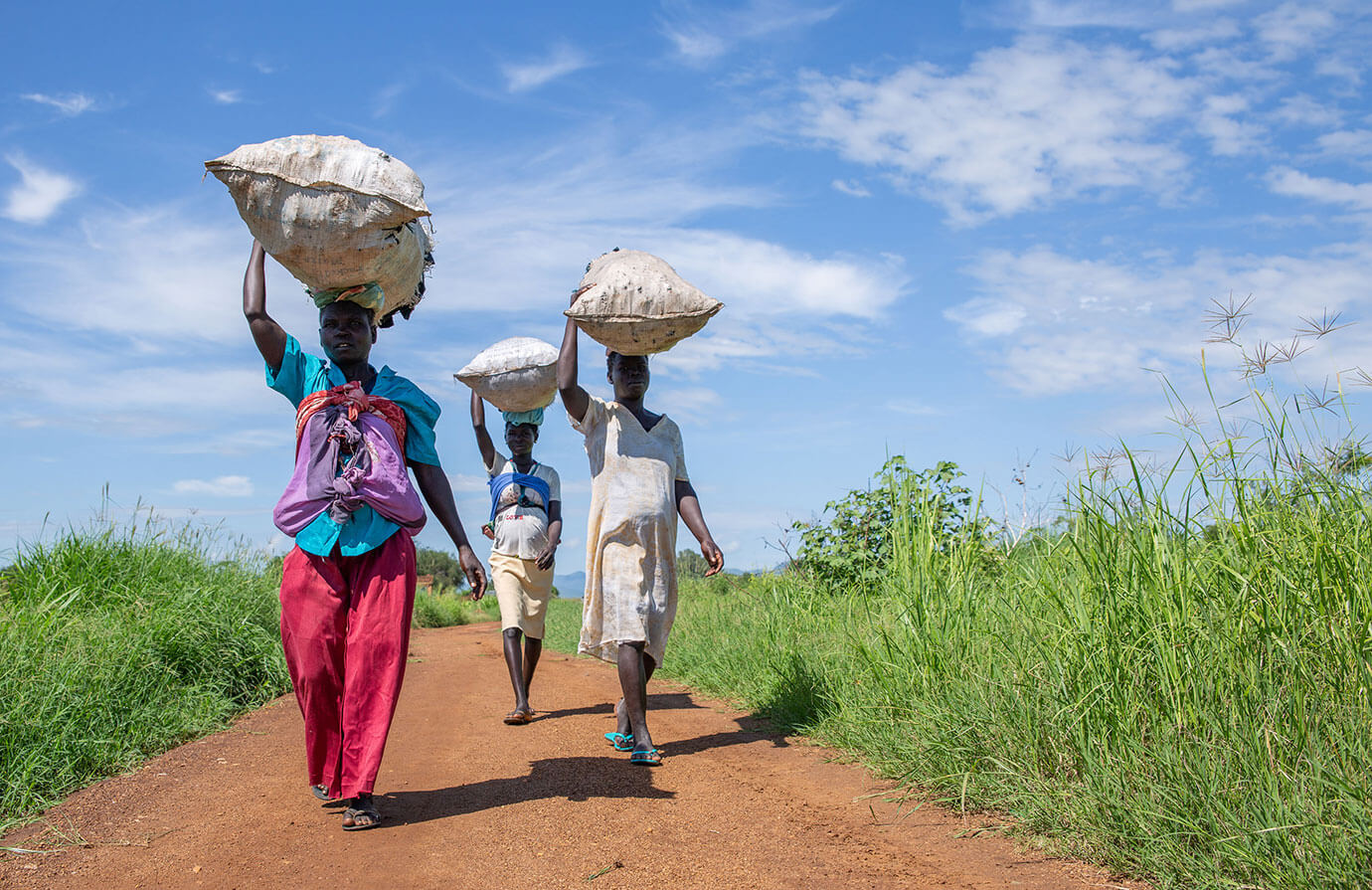
African small-scale food producers/farmers play a vital role in ensuring food security and nutrition across the continent. As the world faces the challenges of climate change, population growth, and food insecurity, small-scale farmers are key allies in efforts to achieve zero hunger.
In many African countries, small-scale farming is the mainstay of the agricultural sector, and it provides livelihoods for millions of people. These farmers produce a wide range of crops, including grains, vegetables, fruits, and livestock, which are consumed locally and contribute to regional food systems. Despite their importance, small-scale farmers face numerous challenges that limit their productivity, including access to markets, inputs, and finance.
In Nigeria, small-scale farmers have been able to improve their livelihoods through the introduction of modern farming techniques. One such technique is the use of greenhouses to grow vegetables, which enables farmers to increase their yields, extend their growing seasons, and reduce their dependence on rain-fed agriculture. For instance, the Greenhouse Farming Initiative in Nigeria, which is a partnership between the government and private sector actors, has trained thousands of small-scale farmers on how to use greenhouses for vegetable production. Through this initiative, farmers have been able to earn more income and improve their food security.
Similarly, in Ethiopia, small-scale farmers are adopting sustainable farming practices to enhance their productivity and contribute to climate change mitigation. One such practice is the use of agroforestry, which involves planting trees alongside crops to improve soil health and increase biodiversity. Through the Sustainable Land Management Project, which is supported by the Ethiopian government and the World Bank, small-scale farmers have been able to restore degraded lands and increase their yields. This has resulted in improved food security and nutrition for communities in the project areas.
In Kenya, small-scale farmers are leveraging technology to improve their access to markets and finance. For instance, the M-Farm platform, which is a mobile-based application, enables farmers to access information on market prices, weather conditions, and best practices for farming. This has enabled farmers to make informed decisions and negotiate better prices for their produce. Additionally, through the platform, farmers can access finance from banks and microfinance institutions, which has helped to improve their productivity and livelihoods.
In conclusion, African small-scale food producers/farmers are critical players in efforts to achieve zero hunger and improve food security and nutrition across the continent. By adopting modern farming techniques, sustainable practices, and leveraging technology, small-scale farmers can increase their productivity and income, thereby contributing to the well-being of their families and communities. Governments, development partners, and other stakeholders must continue to support small-scale farmers by providing them with access to markets, inputs, and finance, as well as by creating an enabling policy environment that encourages sustainable agricultural practices.


















